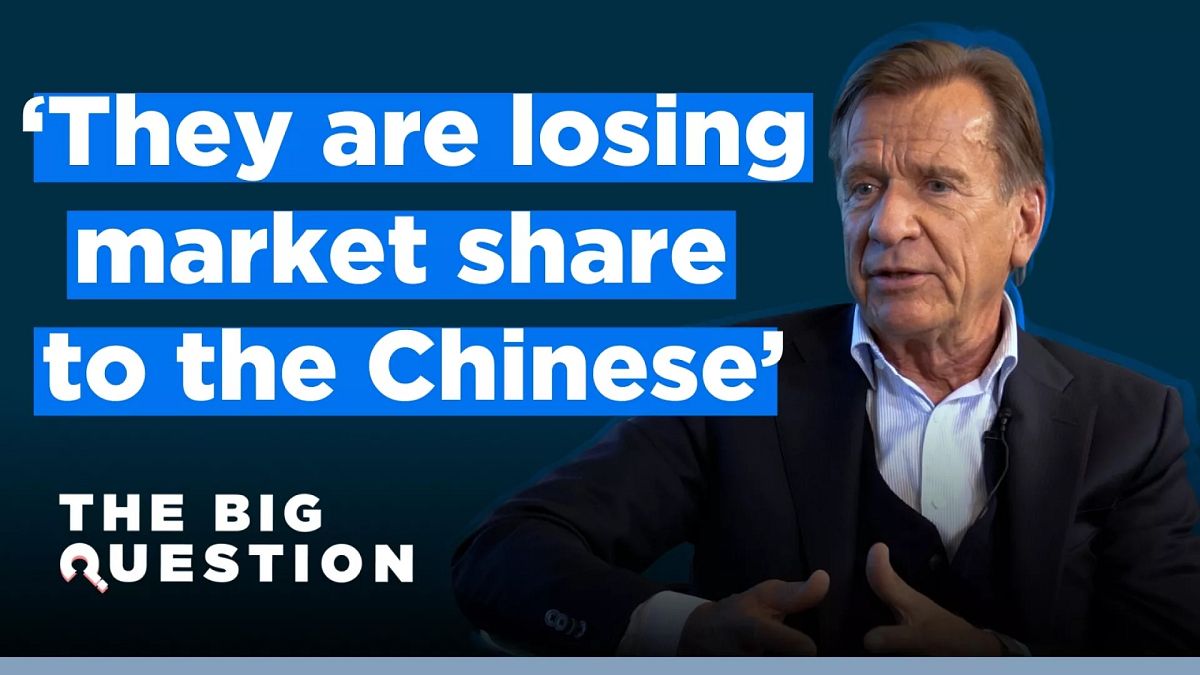

In the ever-evolving world of international commerce, recent developments have underscored both challenges and opportunities, highlighting the need for strategic adaptation and collaboration. At the heart of these discussions is the automotive industry’s response to competitive pressures from Chinese electric vehicles (EVs), the dynamic dialogues within the BRICS nations, and the European Union’s concerns over tariff regulations. Each of these areas offers a glimpse into the complex interplay of global trade policies and economic partnerships.
In a recent statement, the CEO of Volvo stressed the importance of competitiveness within the automotive sector, particularly in relation to the burgeoning market of Chinese EVs. As the industry faces limited tariff protections, the focus has shifted towards embracing innovation and efficiency. This perspective highlights the necessity for automotive manufacturers to enhance their technological offerings and customer appeal to withstand global competition effectively. The message is clear: to thrive in this environment, the auto industry must proactively adapt to new technological trends and consumer demands.
The conversation surrounding trade does not stop at the boardrooms of automobile giants. On a broader scale, leaders from the BRICS nations have convened to deliberate on pressing global economic concerns. Notably, discussions during the summit touched on the implications of tariff increases, stressing the need for cooperative approaches to sustain economic growth. However, the absence of key figures such as Chinese President Xi Jinping and Russian President Vladimir Putin cast a shadow over the meeting, raising questions about the cohesion and future direction of the bloc. Yet, amid these uncertainties, the BRICS summit remains a crucial platform for addressing global policy and economic challenges.
Simultaneously, Europe’s trade relationship with China has encountered renewed complexities. The European Commission has voiced concerns over Chinese duties on Cognac, calling them ‘unfair’ and suggesting potential disruptions for the upcoming bilateral summit in Beijing. These tariff disputes underline the delicate balance required in international trade negotiations, where maintaining strong economic ties is as important as protecting domestic industries and interests.
Reflecting on these varied narratives, it becomes evident that the global trade landscape is intricately woven with competing priorities and opportunities for growth. Whether it is through enhancing industrial competitiveness, fostering international cooperation, or navigating the intricacies of tariff policies, the path forward demands a thoughtful approach. As nations and industries chart their courses, the emphasis on adaptation, dialogue, and mutual respect becomes pivotal in shaping a prosperous and equitable economic future. In appreciating these dynamics, stakeholders can better align their strategies with the evolving demands of the global market, ultimately benefiting from the shared potential that lies ahead.
Source: {link}
